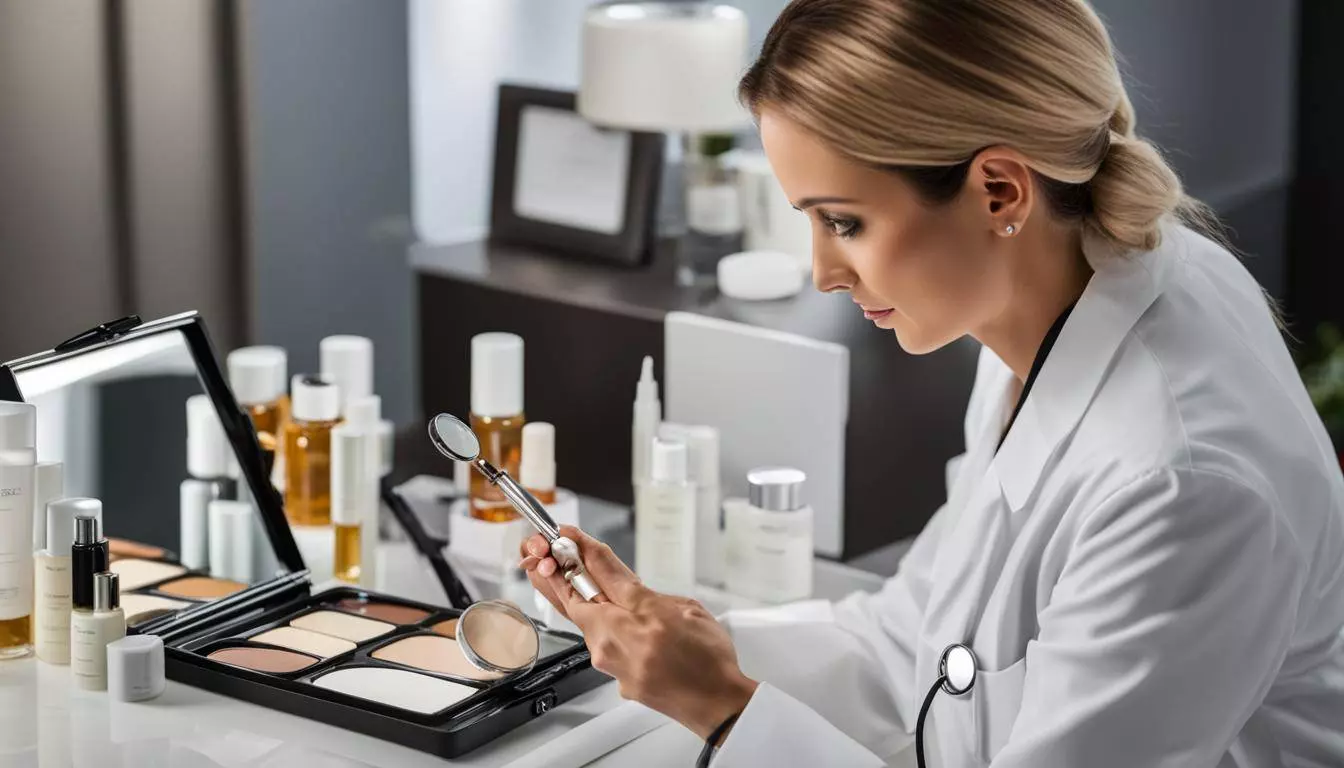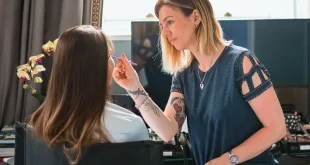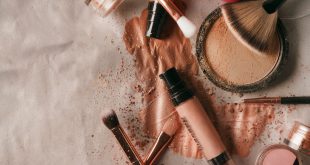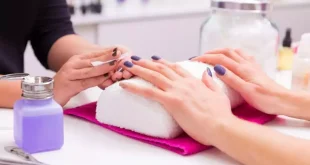
Introduction
1. Understanding Beauty Goals
The first step in beauty assurance is identifying what one’s aesthetic goals are. These may vary widely among different individuals, including:
- Skincare Goals: Achieving clear, glowing skin, targeting specific issues like acne or aging, or maintaining a youthful appearance.
- Makeup Preferences: Finding products that enhance facial features without overwhelming them, or looking for formulations that provide longevity and skin benefits.
- Hair Care Objectives: Maintaining healthy, vibrant hair, experimenting with styles and colors, or addressing scalp concerns.
- Body Image Goals: Focusing on aspects of physical fitness, weight management, or body shaping through non-invasive procedures.
Identifying these goals is essential for tailoring a beauty regimen that is effective and satisfying.
2. Quality Standards in Beauty Products
To ensure that beauty goals are met, the quality of products and services chosen is paramount. This encompasses:
- Ingredient Transparency: Consumers should prioritize brands that provide clear information about the ingredients used in their formulations, opting for natural or scientifically-proven components.
- Safety and Efficacy: Understanding product testing and clinical trials can help consumers make informed choices about the efficacy and safety of beauty products.
- Regulatory Compliance: Choosing brands that comply with regional and international regulations can provide assurance against harmful or inferior products.
3. Ethical Practices and Sustainability
In modern beauty culture, there’s a growing awareness of the importance of ethical practices in the industry:
- Cruelty-Free and Vegan Options: Many consumers prefer products that are not tested on animals and are free from animal-derived ingredients.
- Sustainable Packaging: Awareness of environmental issues has led consumers to favor brands that utilize eco-friendly packaging and sustainable sourcing of ingredients.
- Authentic Marketing: Brands that market their products honestly, avoiding false claims, help build trust and loyalty with consumers looking for genuine results.
4. Psychological Impact of Beauty
Aesthetic goals are often tied closely to a person’s self-esteem and body image. Understanding this relationship is crucial for beauty assurance:
- Self-Perception: Beauty can significantly impact how individuals perceive themselves, influencing confidence and social interactions. It’s essential to cultivate a healthy self-image that is not overly reliant on aesthetic standards.
- Social Media Influence: The rise of social media platforms has transformed beauty standards and expectations. Being aware of the potential for unrealistic portrayals of beauty can help individuals maintain a balanced view of their aesthetics.
- Seeking Professional Guidance: Consulting with beauty professionals—such as dermatologists, aestheticians, or cosmetic surgeons—can ensure that individuals receive tailored advice that aligns with their goals while prioritizing their safety and well-being.
5. Developing a Personal Beauty Philosophy
Beauty assurance is not solely about products and services; it’s also about cultivating a personal philosophy:
- Embrace Individuality: Beauty is subjective, and embracing one’s unique features often leads to greater satisfaction than striving for unattainable ideals.
- Holistic Approaches: Consider integrating wellness practices—such as a balanced diet, regular exercise, and mental health care—into your beauty regimen. Recognizing that beauty is interlinked with overall well-being can lead to more sustainable aesthetic results.
- Continuous Learning: The beauty landscape is filled with innovations and trends. Keeping an open mind to new ideas and continuously educating oneself on effective beauty practices can lead to more informed decisions.
Conclusion
Beauty Assurance is a crucial concept in the journey of achieving aesthetic goals. By prioritizing quality, ethics, psychological well-being, and individuality, individuals can navigate the vast beauty industry more effectively. Ultimately, the goal should be to enhance one’s beauty in a way that promotes both external confidence and internal contentment, leading to holistic and sustainable satisfaction with one’s aesthetic journey. In this quest for beauty, knowledge and self-awareness are the ultimate tools for assurance and fulfillment.


